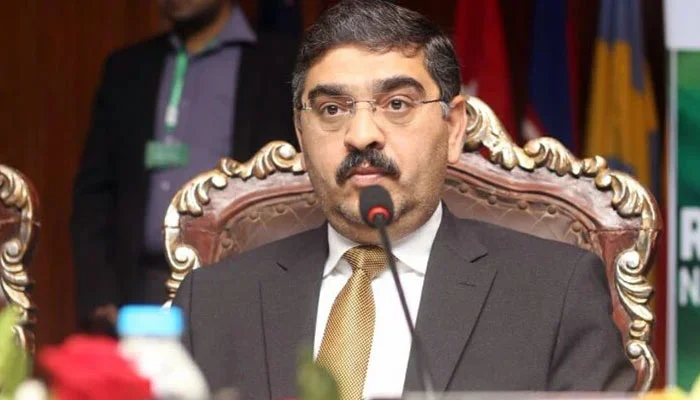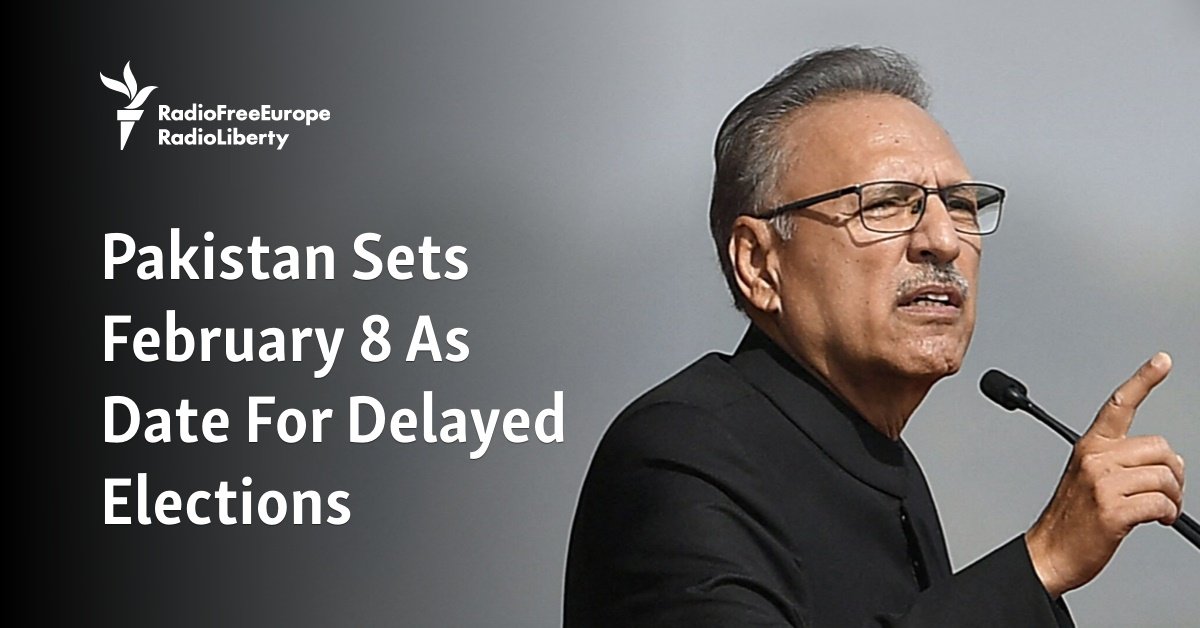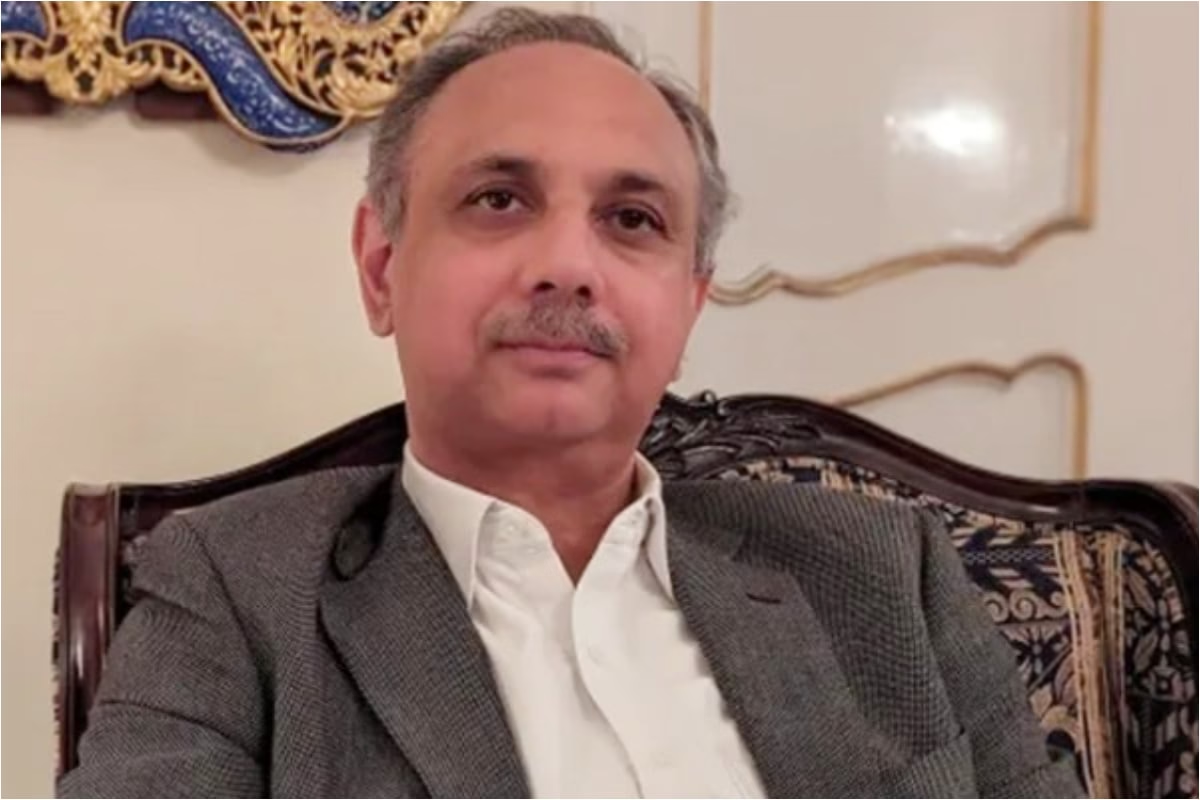Islamabad (Khalid Mustafa), a prominent figure, has proposed a swift reduction of 30 to 35 percent in electricity bills to provide immediate relief to the population. The potential reduction in costs could have an irregular impact on consumers during the winter months. Senior officials from the Electricity and Taxation Divisions have devised several recommendations to grant immediate relief to the public. These proposals are set to be presented before the Federal Cabinet, presided over by Prime Minister Anwar-ul-Haq Kakar, today (Tuesday).
While all officials have remained tight-lipped, internal sources have revealed that one suggestion is to lower electricity bills during the months of August and September. This move aims to provide some immediate relief, though the reduction in bills might be staggered over the five months of the winter season. The government has already decided not to pass on the effects of the final quarter’s 23 percent adjustment tariff in the previous fiscal year. Instead of applying the Rs. 5.40 per unit increase over the next three months, as initially planned, it has been proposed to mitigate the impact of this surge during the winter months from October 2023 to March 2024. Consequently, the winter tariff increase of Rs. 5.40 per unit will be reduced irregularly, ultimately settling at a decrease of Rs. 2.31 per unit.
Regarding the implications for GST (General Sales Tax) and surcharges through electricity bills, the Ministry of Finance will have to garner the IMF’s trust. However, officials have stated that obtaining IMF approval for adjustments in the revenue generation target, set at 9.2 trillion rupees, might be challenging.
In essence, the proposed changes to electricity bills in Islamabad, led by Khalid Mustafa, aim to alleviate the financial burden on the public by implementing irregular reductions during the winter months. The government’s decision to not pass on the adjustment tariff’s effects and its negotiations with the IMF highlight the complexity of balancing economic relief with fiscal responsibilities. As the recommendations are presented before the Federal Cabinet, the public awaits an outcome that could potentially ease their financial strain during the approaching winter season.



